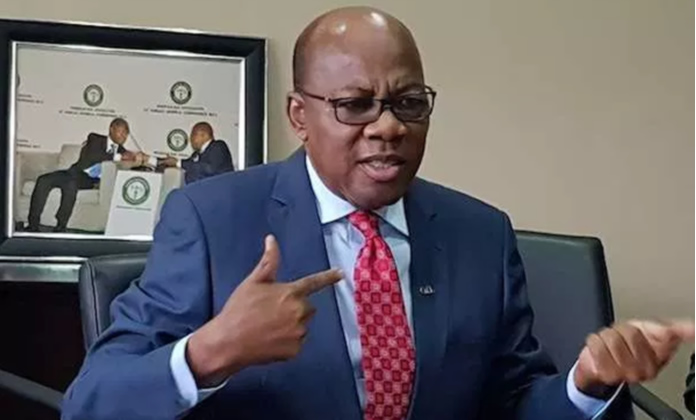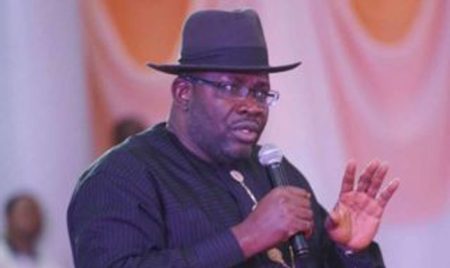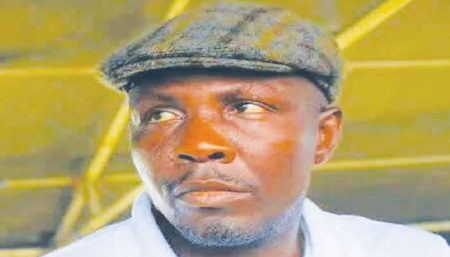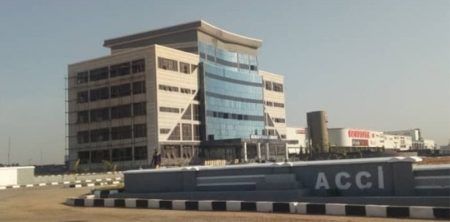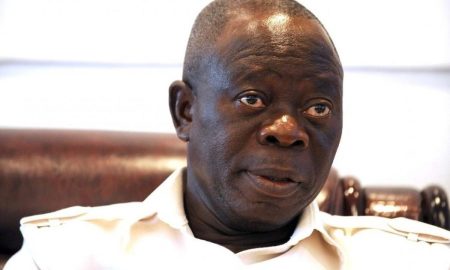Olisa Agbakogba, a Senior Advocate of Nigeria (SAN), has emphasized the urgent need for restructuring and decentralization of power in Nigeria. He argues that the current over-concentration of power at the federal level hinders development and prevents the delivery of democratic dividends to the populace. Agbakogba advocates for a significant shift in power dynamics, empowering state and local governments to effectively address the needs of their communities. This, he believes, is crucial for realizing the true potential of democracy and fostering bottom-up development across the nation. He stresses that this realignment of power is not simply a matter of administrative efficiency but a fundamental requirement for achieving genuine progress and equitable distribution of resources.
Agbakogba highlights the current state of affairs where the federal government exercises control over 98 items of power as stipulated in the constitution, leaving state and local governments largely dependent on federal allocations. This dependence, he argues, effectively renders them powerless and unable to fulfill their roles as agents of development within their respective jurisdictions. He describes the current situation as having only one functioning government – the federal government – with state and local governments reduced to mere recipients of monthly stipends from Abuja. This centralized structure, he contends, stifles innovation, local initiatives, and responsiveness to the specific needs of different regions.
Agbakogba urges President Bola Tinubu to seize the opportunity to establish a lasting legacy by championing the decentralization of power. He proposes a constitutional amendment that clearly delineates the legislative powers of each tier of government – federal, state, and local – thereby preventing encroachment and fostering a more balanced and effective governance structure. This, he argues, would empower local governments to take ownership of their development agendas, leading to more targeted and effective implementation of policies. He envisions a system where development initiatives originate from the grassroots level, reflecting the specific needs and priorities of each community, rather than being imposed top-down from the federal government.
Agbakogba commends President Tinubu’s successful pursuit of financial autonomy for local governments through the Supreme Court. This victory, he states, provides a solid foundation for further strengthening local governance. However, he emphasizes that financial autonomy alone is insufficient. It must be complemented by clearly defined legislative powers that enable local governments to utilize their financial resources effectively and implement development projects tailored to their specific needs. Without this legislative authority, he warns, financial autonomy risks becoming a hollow victory, leaving local governments still largely dependent on the dictates of the federal and state governments.
Agbakogba envisions a “rejigged” Nigeria where each tier of government operates within its clearly defined constitutional mandate, promoting synergy and collaborative governance. This, he believes, would unleash the developmental potential of states and local governments, fostering a more vibrant and responsive democracy. He clarifies that this “rejigging” essentially entails a constitutional amendment that establishes distinct lists of legislative powers for each level of government, ensuring clarity of roles and responsibilities, and minimizing conflicts and overlaps. This clear demarcation, he emphasizes, is essential for preventing any one tier of government from overreaching its authority and impeding the functions of the others.
In conclusion, Agbakogba’s call for decentralization is rooted in the belief that empowering local governments is crucial for achieving meaningful development and delivering democratic dividends to the Nigerian people. He emphasizes that a “rejigged” Nigeria, with clearly defined legislative powers for each tier of government, is essential for realizing the full potential of democracy and fostering a more equitable and prosperous nation. This restructuring, he posits, would not only empower local communities but also strengthen the overall governance framework, promoting efficiency, accountability, and responsiveness at all levels. He urges President Tinubu to embrace this historic opportunity to reshape Nigeria’s political landscape, leaving a legacy of empowered communities and a more robust democracy.





